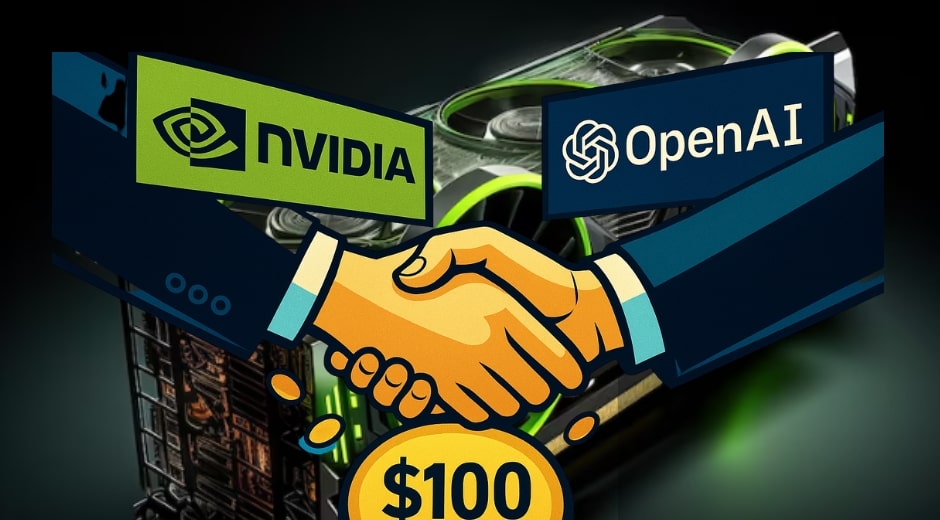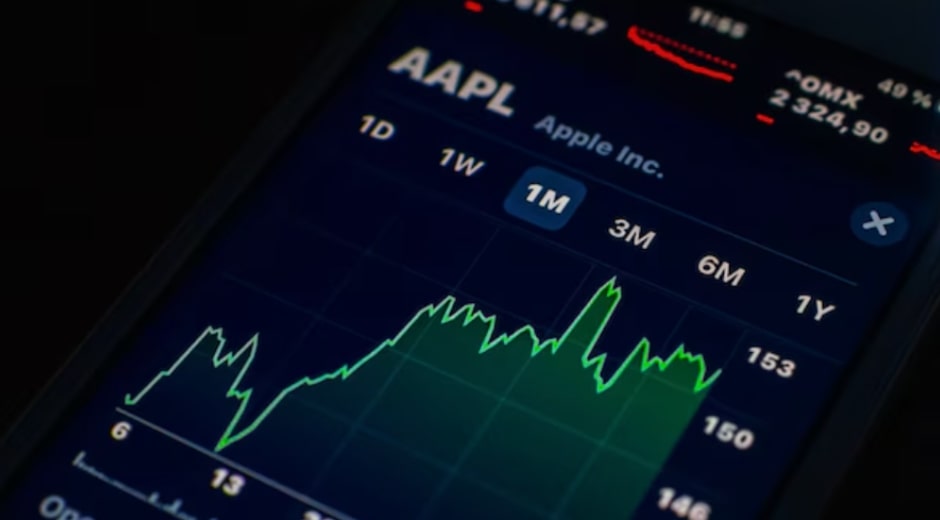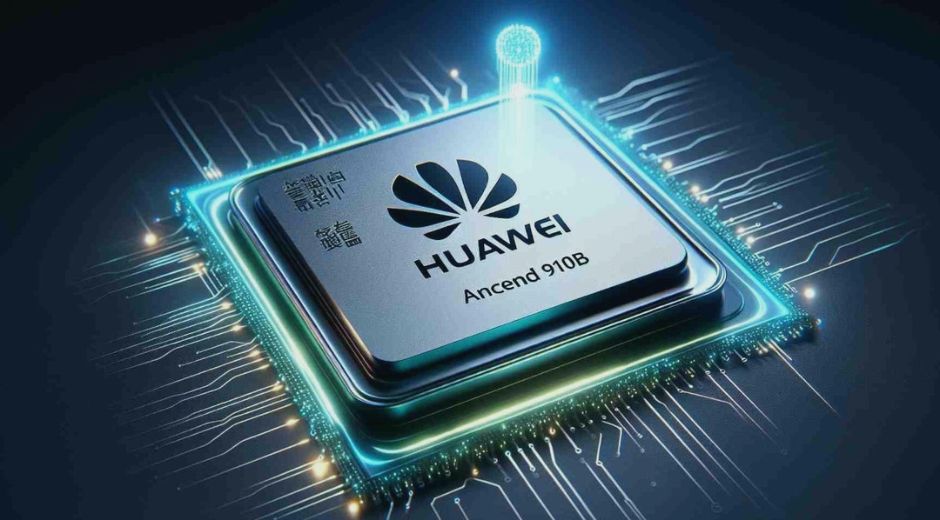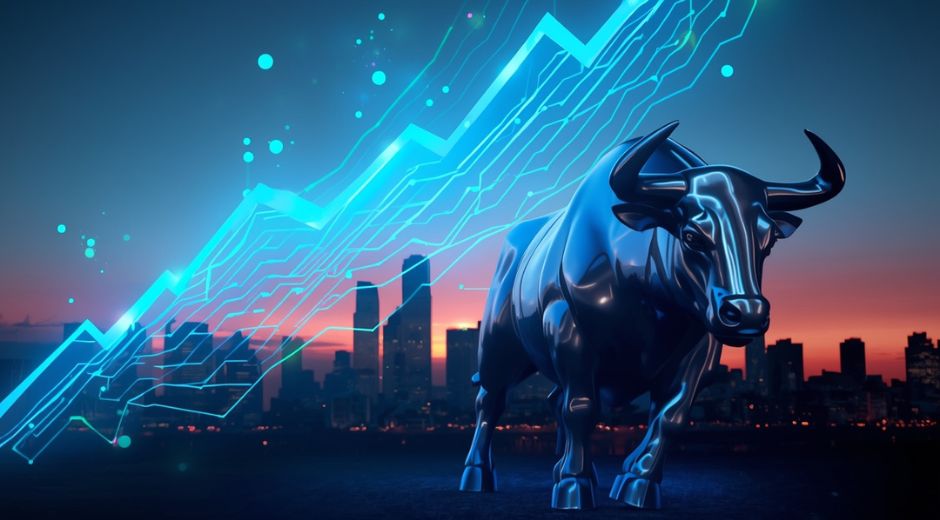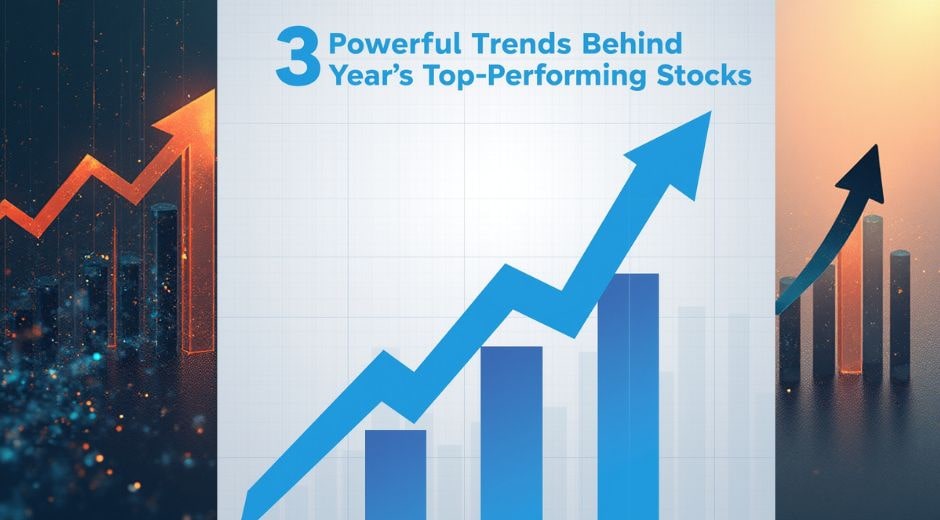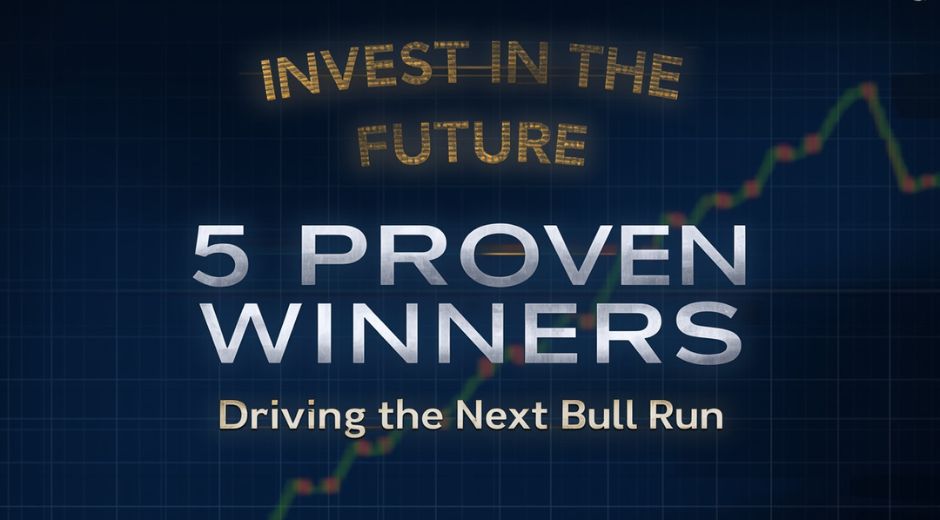A Historic Leap: Nvidia and OpenAI Unveil $100 Billion Data Center Mega-Deal
In one of the boldest moves in AI infrastructure history, **Nvidia and OpenAI** have inked a strategic partnership that could reach **$100 billion** in commitment. Their plan: build at least **10 gigawatts** of data center compute powered by Nvidia systems, with the first phase slated for deployment in 2026. :contentReference[oaicite:0]{index=0} This mega-deal fuses investment, hardware supply, and shared risk — rewriting the playbook for scaling compute at this magnitude.
1. Deal Structure: Investment Meets Infrastructure
Under the announced terms, Nvidia will progressively invest up to **$100 billion** in OpenAI as new gigawatts of infrastructure come online. :contentReference[oaicite:1]{index=1} Meanwhile, OpenAI will purchase the Nvidia systems needed to realize those data centers. :contentReference[oaicite:2]{index=2} This creates a **circular investment model**: Nvidia funds deployment that in turn uses its own hardware — a model that maximizes alignment but introduces financial interdependence.
The first gigawatt is expected in the latter half of 2026, deploying on Nvidia’s **Vera Rubin** platform. :contentReference[oaicite:3]{index=3} As the scale increases, so too will Nvidia’s stake — though structured as non-controlling equity rather than full ownership. :contentReference[oaicite:4]{index=4} Partnerships with cloud providers, infrastructure firms, and energy developers will layer into the execution.
2. Why This Deal Matters: Scale, Control, and Competition
What sets this agreement apart is **scale** — 10 gigawatts is equivalent to multiple conventional power plants in AI compute terms. For context, Nvidia is committing on par with infrastructure investments seen in major energy or telco projects.
Moreover, Nvidia secures control of OpenAI’s compute roadmaps, co-optimizing hardware and software. This alignment ensures that OpenAI’s architecture and Nvidia’s GPU roadmap evolve in lockstep. :contentReference[oaicite:5]{index=5} At the same time, deeper integration raises the bar for rival chipmakers, cloud providers, and AI infrastructure firms to compete.
3. Financial Risks and Circular Investment Warnings
While elegant in its alignment, the **circular financing model** carries risk. Nvidia is both investor and supplier. If OpenAI’s deployment underperforms or demand slows, Nvidia could be left with overcapacity or hardware depreciation pressures. :contentReference[oaicite:6]{index=6} Analysts compare parts of this structure to past vendor financing schemes (e.g. Cisco in the late 1990s), where capital flows obscured the distinction between demand and self-propped revenue.
Additionally, the rapid pace of hardware innovation means GPUs depreciate swiftly. Nvidia assumes part of that depreciation risk by financing the deployment. If next-generation architectures outpace the current systems, obsolescence could compress margins.
4. Competition, Ecosystem, and Market Reaction
This deal raises competitive stakes across the AI ecosystem. Other chipmakers, cloud providers, and infrastructure firms may feel squeezed by Nvidia’s tight integration with a leading AI client.
Already, OpenAI has diversified its compute partners — for example, a multiyear GPU supply deal with AMD was recently announced. :contentReference[oaicite:7]{index=7} AMD’s agreement helps offset risk of overreliance on Nvidia and introduces negotiation leverage.
Cloud providers like Oracle have also struck large AI infrastructure deals. :contentReference[oaicite:8]{index=8} Meanwhile, Microsoft and other major players continue to expand neocloud investments to maintain influence in this shifting compute landscape. :contentReference[oaicite:9]{index=9}
5. Execution Challenges: Power, Cooling & Geography
Scaling to 10 gigawatts of AI compute demands unprecedented infrastructure — power, cooling, fiber, and site selection all become critical constraints.
Nvidia and OpenAI will need to team closely with energy providers, grid operators, and real estate logistics to ensure sustainable operations. Any misstep in those layers can stall phases or inflate costs.
6. Potential Outcomes: Scenarios at Play
Several outcomes could emerge from this megadeal: - **Accelerated dominance**: Nvidia’s integration fuels OpenAI’s AI scale, locking in technological advantage. - **Competitive backlash**: Rivals push innovations, niche compute architectures, or specialized accelerators to disrupt the dominance. - **Market correction**: If deployment or demand underperforms, the circular model could be scrutinized, leading to valuation resets. - **Regulatory pressure**: Given the scale, antitrust scrutiny and oversight might intensify on how compute supply chains concentrate power.
7. Strategic Implications for the AI Landscape
This partnership may set a new template: infrastructure investment as part of client-supplier contracts. The alignment between compute provider and compute consumer could become the norm in AI scaling.
Ecosystem resilience will matter more than raw power. Firms that diversify compute options, optimize niche workloads, or innovate energy-efficient designs may carve defensive spaces amid this front-loading model.
Conclusion: A Leap with Rewards and Risks
The Nvidia-OpenAI $100 billion data center deal is more than a financing headline — it is a structural shift in how AI compute is sourced, scaled, and integrated. The scale is transformative, but so are the risks.
If executed well, the partnership could cement leadership and accelerate AI advancement. But missteps or weaker-than-expected demand could expose fragility in this circular model. Either way, this leap will be studied for years as a turning point in AI infrastructure evolution.
Want deeper insight into compute infrastructure trends and AI finance strategies? Explore our AI Infrastructure Trends 2025 Guide for forecasts, breakdowns, and infrastructure playbooks.
Further Reading
Education Made Simple

Recession Signals Investors Should Never Ignore
Recession Signals Investors Should Never Ignore

What Stock Rotation Tells Us About the Next Bull Run
What Stock Rotation Tells Us About the Next Bull Run

How Market Cycles Shape Smart Investment Decisions
How Market Cycles Shape Smart Investment Decisions

Long Term Market Forces Driving Global Finance
Long Term Market Forces Driving Global Finance
